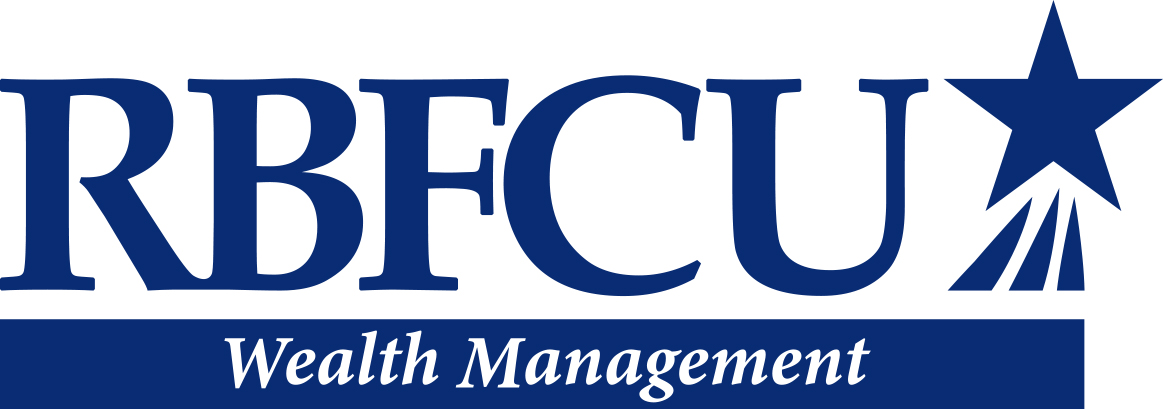Wealth Management and Uncertain Economic Times
Are you concerned about where your finances are headed with all that’s going on in the world? You’re in good company. Economic challenges and geopolitics can drive any investor to rethink their assumptions about the market outlook. But a wealth management plan can help you feel more confident about your financial future.

In response to economic uncertainty, many people express feelings of worry or stress. That’s why we’re sharing the following insights, many of which may prove useful even when the economy is robust.
How news headlines foster anxiety
The news can be a buffet of events that unsettle investors: bear markets, elections, regional or global unrest, disease outbreaks and pandemics, supply chain challenges, inflation trends, tariff discussions,1 and interest rate forecasts.
Alas, the higher the concentration of sobering headlines appearing at one time, the more tempting it might be to make financial decisions based on one’s emotions.
Conversely, you might be inclined to shut down or stall progress on an existing strategy.
But you don’t need to sacrifice staying informed in order to nurture calm in your own financial waters.
Instead, you might consider applying the concept of “signal versus noise” to your news consumption. Learning to discern useful information (the signal) from random, fluctuating information (the noise) can help you manage your emotions — and potentially reduce your risk of making rash financial decisions.
By focusing thoughtfully on meaningful and relevant details, you might be inclined to make rational asset management choices in line with your personal values, goals and objectives.
It can also be instructive to view the useful signals in the news through the lens of your risk capacity and personal risk tolerance. What’s the difference?
- Risk capacity is the amount of risk you can absorb based on factors including your age, career stage and upcoming financial needs. A young person with no dependents and a lengthy career ahead may have a higher risk capacity than someone mid-career, saving for their children’s college expenses and caring for an aging parent. Of course, risk capacity can change over time.
- Because it’s related to how comfortable you are taking on risk, your risk tolerance may stay steadier over time. Some people surf the rise and fall of investment account balances with ease, while others want a lifeline when conditions fluctuate.
Whatever your capacity and appetite for risk, talking with an experienced financial advisor can help you find the signals in the noise and consider the proper course of action based on your needs and personal investment style.
The value of a long-term plan for easing asset management anxieties
A financial advisor can help you create a long-term wealth management plan for investing and saving that considers both your risk tolerance and risk capacity over time.
This kind of plan often uses strategic asset allocation to find the optimal mix of asset classes that match your financial goals, risk tolerance and time horizon.
Understanding the interplay between your personal time horizon — the time between now and your specific financial goals — and your risk capacity and tolerance is key.
For example, sometimes younger investors are encouraged to be more aggressive with their investments because they have several years before they hit retirement. However, if you’re young and saving to buy a home or invest in a business, your risk capacity may warrant a more cautious investment strategy.
On the flip side, older investors are frequently assumed to be more risk averse as they get closer to retirement. But that’s not always the case. Investors nearing retirement who already have a strong portfolio may feel comfortable taking on more risk.
Regardless of your time horizon or risk profile, it can prove instructive to talk with your financial advisor regularly — at least every other year until you reach your 50s, and then annually moving forward.
» Insight: If you have significant assets, it might be helpful to meet annually with a wealth management team who can help integrate your strategies into the work of your existing tax and legal professionals. Need to meet more frequently when the economic waters are choppy? That may be possible, too.
Concentration risk: How might diversified assets help address it?
Creating your long-term plan starts with identifying and categorizing the assets you already hold. This can show how your investments are distributed across asset classes such as:
- Cash and cash equivalents (e.g., checking and savings accounts, treasury bills, money market funds)
- Fixed-income securities (e.g., bonds)
- Stocks and equities
- Investment funds (e.g., mutual or index)
- Alternative investments (e.g., real estate, futures, commodities, physical assets)
Having too many of your investment eggs in one asset-class basket can raise your concentration risk2 and make your holdings more vulnerable to certain market changes.
To help you address concentration risk, your financial advisor can help you make a diversification plan. This approach will help balance your investments across asset classes appropriate for your time horizon and risk profile.
» Insight: As your horizon and risk capacity change over time, your financial advisor may recommend rebalancing your plan.
Dollar-cost averaging: How can it help lessen emotional financial decisions?
Economic uncertainty can be especially troubling for investors who feel they need to time their investment decisions optimally to be effective.
A less stressful alternative is dollar-cost averaging, a strategy for making regular investments regardless of market fluctuations. Over your time horizon, this approach may reduce the average cost-per-share of your investments — and save you from the stress of trying to time the market.
The takeaway
The practices we’ve covered can help you identify what’s important to note as you monitor headlines, evaluate interactions between the news and your personal risk profile, understand why a long-term plan matters, and discover the value of diversification and dollar-cost averaging.
Ready to create a wealth management plan that can help you keep on track to your goals, no matter today’s headlines? The experienced financial advisors at RBFCU Wealth Management can work with you to create a customized plan and update it over time. Start your conversation today by reaching out to set an appointment.




